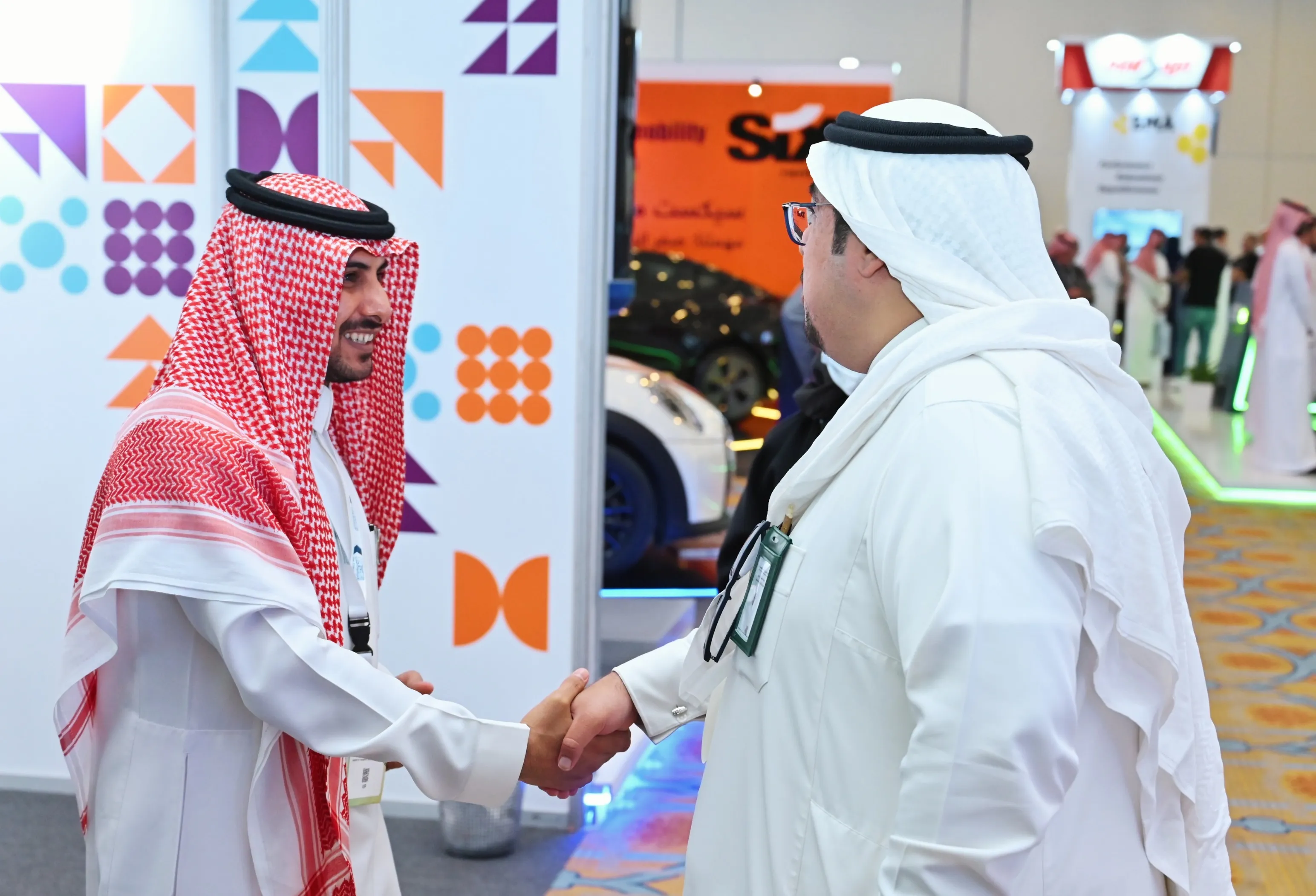RATP Group subsidiary RATP Dev and Saudi Public Transport Company (SAPTCO) have won a twelve-year US$2.1 billion contract to implement, operate and maintain the future bus network in the Saudi Arabian capital of Riyadh. The network’s 103 lines will gradually enter service after two years of preparation starting from the launch of the contract.
The network will be run using a fleet of approximately 1,000 vehicles and will include four BHLS (Buses with High Level of Service) lines, two circular lines, 17
November 20, 2014
Read time: 2 mins
The network will be run using a fleet of approximately 1,000 vehicles and will include four BHLS (Buses with High Level of Service) lines, two circular lines, 17 regular lines and 70 feeder lines (permanent and transport on demand). The lines will gradually enter service in three phases and will ultimately ensure 90 million passenger kilometres yearly.
The creation of this completely new network is a response to the mobility challenge in the Saudi capital, which has a population of 5.7 million and no regulated public transport system. The contract to operate the bus network is an ambitious project that includes the development of an entire transport system for the city of Riyadh including both metro and bus networks.
“RATP Group is particularly proud to have been selected alongside its Saudi partner SAPTCO for this highly ambitious bus project. Our intention is to set a world standard and offer service quality equal to the best international standards from the moment it enters service”, said RATP Group chairman and chief executive Pierre Mongin. “This is a major chapter in the development of our group, which has signed one of the most important contracts in its history and is setting up in a region where there are many new transport infrastructure projects”.
“In this project, which combines the experience and detailed field knowledge of SAPTCO with the internationally acknowledged expertise of RATP Group, we will implement all our know-how to offer a high level of service quality and meet the expectations of the ArRiyadh Development Authority and passengers”, stressed SAPTCO chairman and chief executive Khalid Al Hogail.








